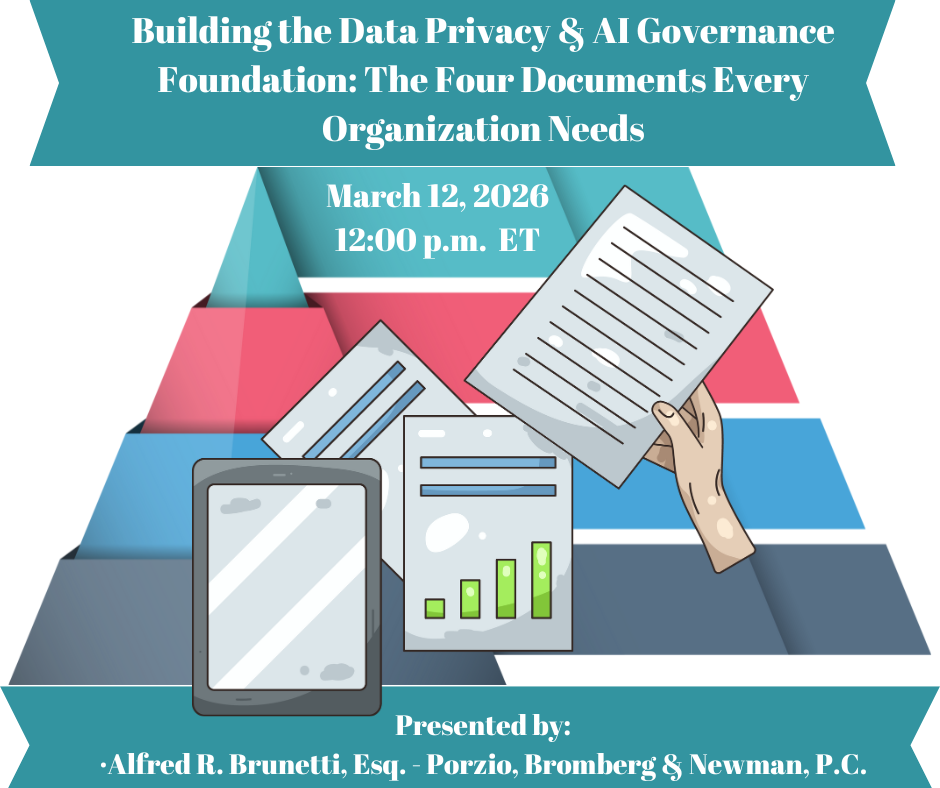
Exciting new series on “Voice, Body and Movement for Lawyers – How to connect with the jury and find Justice Through Dramatic Technique!”
Click here to find out more
Electronic surveillance is one of the most important foreign intelligence collection tools available to the U.S. government. Correspondingly, the ability to surveil constitutes one of those activities most susceptible to abuse by a government against its citizens. In the U.S., the government’s use of electronic surveillance is highly regulated and can be conducted for only two purposes: law enforcement, which is undertaken by both federal and state governments; and foreign intelligence collection, which is an exclusively federal government function conducted pursuant to a single authority - the Foreign Intelligence Surveillance Act or “FISA.”
FISA governs not only electronic surveillance but the use of physical searches, pen registers, trap and trace devices, and business records collection to acquire foreign intelligence in the United States. It permits surveillance and other intrusive activities in the United States both with, and in limited circumstances, without a warrant. It covers virtually every major intelligence collection effort used by the United States, and constitutes the most important intelligence authority available in the war against terror.
This course covers the history of electronic surveillance conducted in the United States for national security purposes, and will tell you everything you didn’t know about FISA which is ever more frequently in the news. It may, or may not, change your mind set about FISA but it will almost certainly leave you better informed about the framework under which electronic surveillance is conducted for national security purposes.

This course breaks down GAAP’s ten foundational principles and explores their compliance impli...

This course provides a strategic roadmap for attorneys to transition from administrative burnout to ...

This Shakespeare?inspired program illustrates how Shakespearean technique can enrich courtroom advoc...

This presentation provides an overview of copyright law particularly as it applies to music. The pre...

Evidence Demystified Part 2 covers key concepts in the law of evidence, focusing on witnesses, credi...

This program provides a detailed examination of the Black Market Peso Exchange (BMPE), one of the mo...

This companion program to Part 1 goes deeper into the rhetorical power of Shakespeare, emphasizing h...

Effective data privacy and artificial intelligence governance programs do not happen by accident. Th...

This ethics program examines common, but often avoidable, professional responsibility mistakes that ...

Attorneys hopefully recognize that, like many other professionals, their lives are filled to the bri...